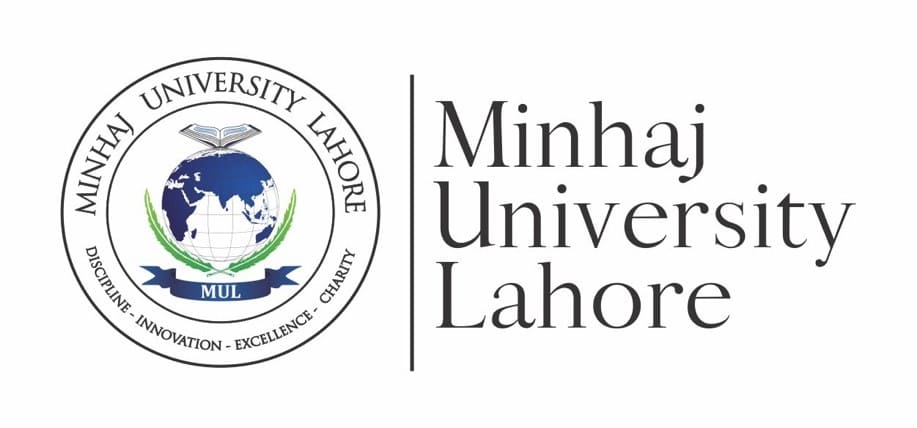Zakat and Waqf as an Islamic Microfinance Tool to Uplift Social and Economic Life of the People in Tajikistan
DOI:
https://doi.org/10.58932/MULD0052Keywords:
Zakat, Waqf, Islamic Microfinance, Social Life, TajikistanAbstract
Zakat and waqf as an Islamic tool for Islamic microfinance has become increasingly relevant. Both these practices were historically institutionalized in Muslim communities since the rule of the Prophet (PBUH) himself. These practices develop a culture of shared equality within the community, eventually improving social ties and cohesion as well. The benefit of zakat and waqf as an Islamic microfinance tool is that it not only generates funds for the poor, but also creates sustainable solutions by creating sources of employment and education that effectively treats the problem of poverty. Tajikistan is one of the Muslim countries which is suffering from poverty and huge income gap between poor and rich. It is imperative to bring into consideration the development of constructive policies like zakat and waqf being an Islamic microfinance tool that will not only mitigate the country’s vulnerabilities to external factors but also contribute in the economic growth and development of the country. The paper not only explores the effectiveness of zakat and waqf as an Islamic microfinance tool but also assesses its relevance in the context of Tajikistan in uplifting the social and economic life of the people in the country. This implies that Tajikistan is yet to come up with a tool for poverty alleviation that is safeguarded from these external economic and social factors. The paper will also provide recommendations regarding policy adaptation and how the funds can be utilized for upliftment of poor through multichannel programs.
© 2025 The Author(s). Licensed under CC BY-NC 4.0.
References
Ahmad, M. (2015). Role of waqf in sustainable economic development and poverty alleviation: Bangladesh perspective. JL Pol'y & Globalization, 42, 118.
Ahmad, M. (2019). An empirical study of the challenges facing zakat and waqf institutions in Northern Nigeria. ISRA International Journal of Islamic Finance, 11(2), 338-356.
Akbar, A., Ahmad, S., Nadim, M., Bhatti, M. A. A., & Khan, H. (2024). Affect of Hrm on Employee Motivation Towards Green Creativity and Initiatives. Center for Management Science Research, 2(3), 197-216.
Asian Development Bank. (n.d.). Tajikistan: Poverty | Asian Development Bank. Retrieved July 8, 2025, from https://www.adb.org/where-we-work/tajikistan/poverty
Asiurov, S., Babajanov, R., & Miraliev, K. (2007). Skills development and poverty reduction in Tajikistan. European Training Foundation.
Asthana, S. June, 2019. Concept of Waqf under Muslim Law. Pleaders Intelligent Legal Solutions. Retrieved from: https://blog.ipleaders.in/concept-waqf-muslim-law/
Bhatti, M. B. A., & Durrani, M. K. (2024). The effect of project managers’ competencies on project success with mediating role of project stakeholders’ engagement: A case of IT sector. Journal of Management Info, 11(1), 51-73.
Dogarawa, A. B. (2009). Poverty alleviation through Zakah and Waqf Institutions: A Case for the Muslim Ummah in Ghana. Available at SSRN 1622122.
Ahmad, S., Qamar, A. J., Bhatti, M. A. A., & Bashir, U. (2023). Integrating Islamic Ethics with Modern Governance: A Comprehensive Framework for Accountability Across Religious, Social, and Economic Dimensions. Al-Irfan, 8(15), 51-79.
Bhatti, M. A. A., & Nazir, M. U. (2024). The Impact of Project Process Management on Sustainable Project Success in the Construction Sector: The Moderating Role of Risk Management Practices. Bulletin of Business and Economics (BBE), 13(2), 1065-1072.
Ellis, G. (1984). The Dimensions of Poverty. Social Indicators Research, 15(3), 229-253. Retrieved April 9, 2021, from http://www.jstor.org/stable/27521247
Falkingham, J. (2000). A profile of poverty in Tajikistan. Centre for Analysis of Social Exclusion, LSE, CASE Papers. Retrieved from: https://www.researchgate.net/publication/4929025_A_Profile_of_Poverty_in_Tajikistan
Jawad, S., Naveed, H., & Akram, M. B. (2020). Academic Performance of Enrolled Students in the University of Lahore, Pakistan. Quest Journal of Management and Social Sciences, 2(2), 357-365.
Kahf, M. (1999). The performance of the institution of zakah in theory and practice. In International conference on Islamic economics towards the 21st Century, Kuala Lumpur (pp. 9-12).
Kahf, M. (2004). Shariah and historical aspects of Zakah and Awqaf. Background paper prepared for Islamic Research and Training Institute, Islamic Development Bank.
Kahf, M. 1993. Zakah management in some societies, Background Paper No. 11. Islamic Research and Training Institute, Islamic Development Bank, Jeddah
Khan, F. (2001). Waqf: An Islamic instrument of poverty alleviation-Bangladesh perspective. In International Conference-The Tawhidi Espitomology: Zakat and Waqf Economy. Bangi (Vol. 1, No. 1, pp. 65-96).
Khan, M. T. (2015). Historical role of Islamic waqf in poverty reduction in Muslim society. The Pakistan Development Review, 54(4) 979-996.
Kusuma, D. B. W., & Sukmana, R. (2010). The power of zakah in poverty alleviation. Makalah dipresentasikan di Konfrensi Internasional ketujuh Zakat dan Waqf Economy di Bangi.
Maududi, S., A., A. (1984). The economic system of Islam. Lahore: Islamic Publications Ltd.
Nadzri, F. A. A., AbdRahman, R., & Omar, N. (2012). Zakat and poverty alleviation: Roles of zakat institutions in Malaysia. International Journal of Arts and Commerce, 1(7), 61-72.
Razak, S. H. A. (2020). Zakat and waqf as instrument of Islamic wealth in poverty alleviation and redistribution: Case of Malaysia. International Journal of Sociology and Social Policy, 40(3/4), 249-266.
Rafaqat, M. ., Azad, F. ., Ahmad, S. ., Aijaz, K. ., Ikram, S. H. ., Bashir, U. ., Bhatti, M. A. A. ., & Saeed, S. . (2024). Impact of Governance and Strategy Performance on Employer Branding. Research Journal for Societal Issues, 6(2), 852–867.
Rohmaningtyas, N., & Herianingrum, S. (2017). The significance of waqf in historical and teoritical studies. Journal of Islamic Economics Science, 1(1), 39-55.
SIDA. (2017). Dimensions of Poverty: Sida’s Conceptual Framework. 22. https://www.sida.se
Solanki, M. (2017). Concept of Waqf under Muslim law. Academike: Article on Legal Issues., Retrieved July, 9, 2021.
The World Bank in Tajikistan. N.d. The World Bank. Retrieved from: https://www.worldbank.org/en/country/tajikistan/overview
What is Waqf? N.d. Islamic Relief UK. Retrieved from: https://www.islamic-relief.org.uk/about-us/what-we-do/waqf/
Downloads
Published
How to Cite
Issue
Section
License
Copyright (c) 2025 Sharofiddin Mirzoev

This work is licensed under a Creative Commons Attribution-NonCommercial 4.0 International License.









